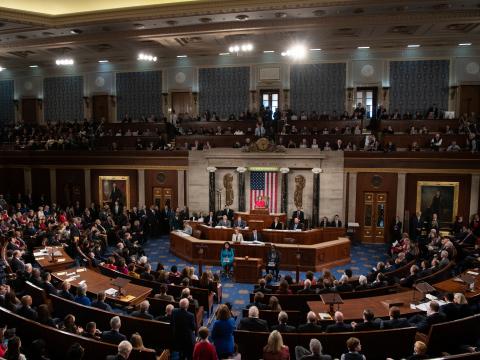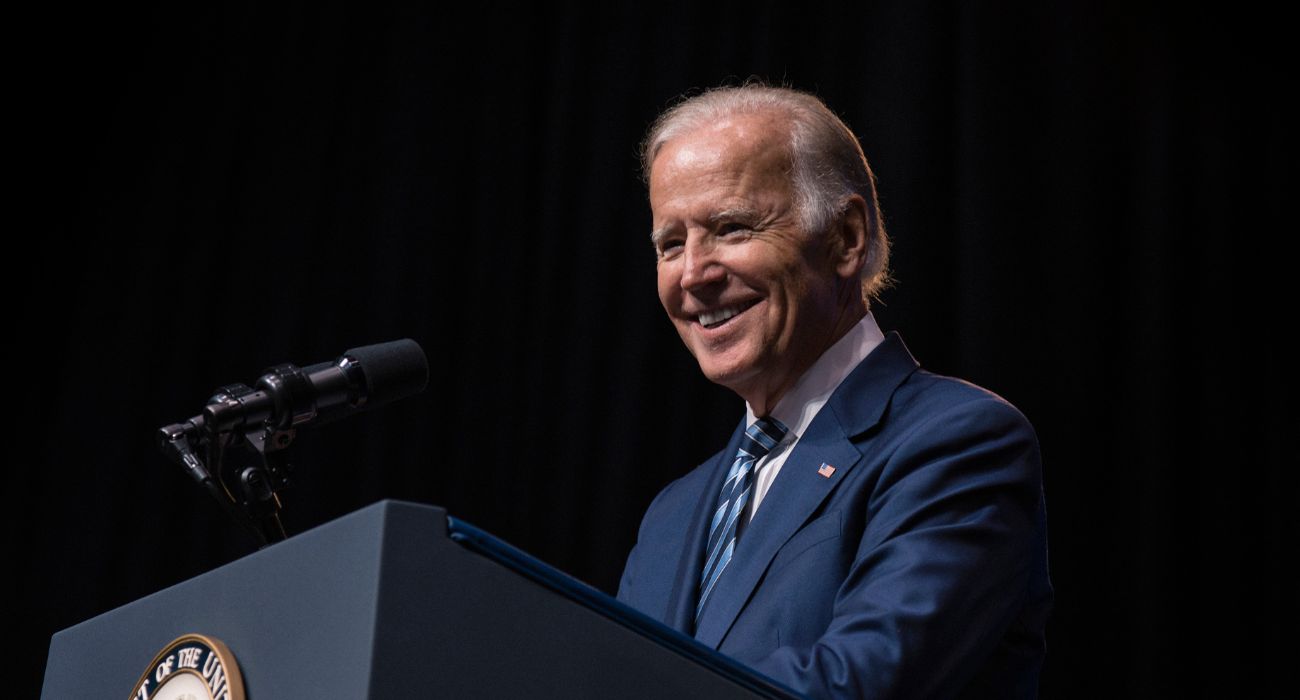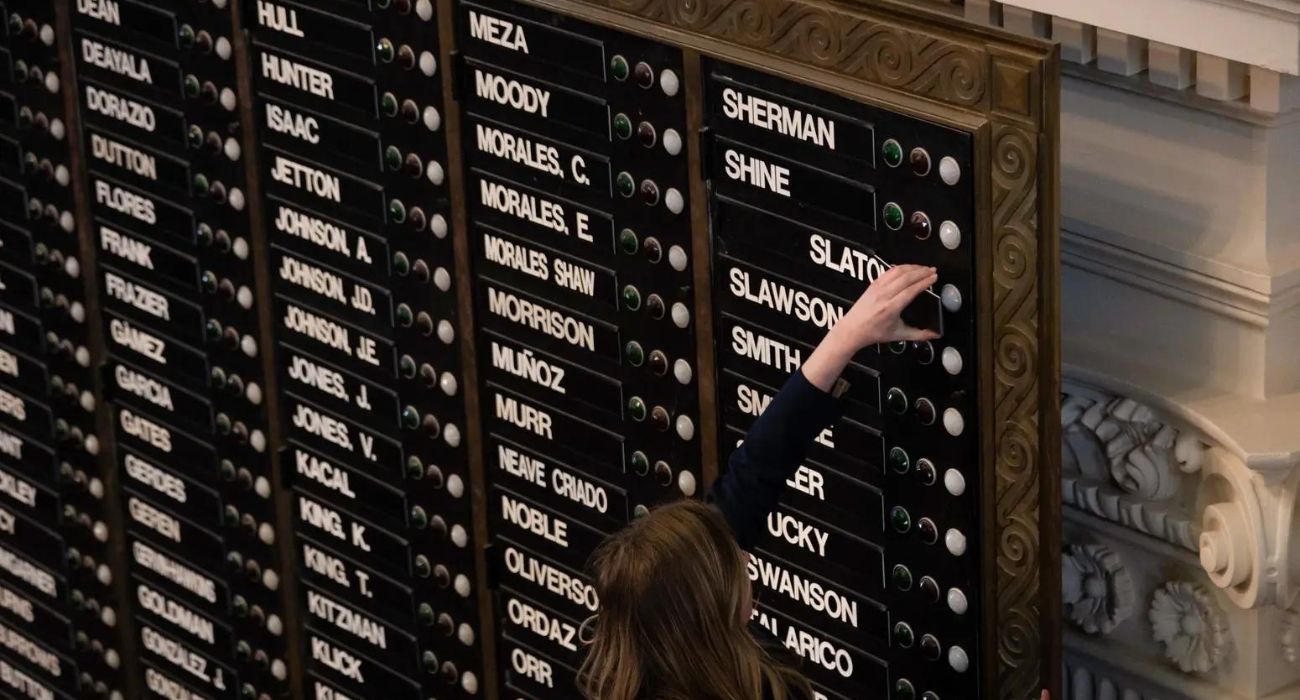On December 7, 2021, the U.S. House of Representatives voted for a modified version of the annual defense bill, known as the National Defense Authorization Act (NDAA).
The bill was approved by a 363-70 vote.
According to Daniel Friend of The Texan, only four members of the Texas Congressional delegation voted against this defense bill:
Reps. Lloyd Doggett (D-TX-35), Louie Gohmert (R-TX-01), Al Green (D-TX-09), and Chip Roy (R-TX-21).
Now, the bill needs to be approved in the Senate.
The House passed a previous version of the NDAA in September by a slimmer margin. More Republicans from Texas’ congressional delegation voted against the bill.
Several House and Senate Republicans were strongly opposed to these provisions.
“The FY22 NDAA includes absolutely NO infringement on the Second Amendment or so-called ‘red flag’ laws, does not draft our daughters, and blocks the Biden Administration from forcing our troops to take classes on extremism,” declared Rep. August Pfluger (R-TX-11) in a statement. “I praise Ranking Member Mike Rogers and my Republican colleagues on the committee for their diligent work to remove these liberal poison pills and deliver a win for our military.”
The defense bill authorizes $778 billion in spending. The spending is approximately $25 billion higher than the Biden administration asked.
As for COVID-19 vaccine mandates, the NDAA allows the Biden administration’s mandates to remain in place.
Friend noted that “any discharges since August 24, 2021, through two years after the enactment of the NDAA would be an honorable discharge or ‘a general discharge under honorable conditions’ instead of a dishonorable discharge. The Secretary of Defense would establish uniform standards for exemptions from its COVID-19 vaccine mandate.”
Roy was one of the few Texan congressmen to vote against the NDAA. He criticized it for how it would “continue to allow the termination of service members’ careers over what should be a private medical decision not to take the over-politicized COVID-19 vaccine.”
In addition, he said he was “extremely grateful” for the elimination of some of the bill’s controversial provisions, such as the modifications to the draft. However, he argued that the bill “fails to hold the Pentagon accountable in any meaningful way for the disaster in Afghanistan” and continues to put forward progressive policies connected to “gender identity” programs, “CRT and diversity officers,” and “climate literacy trainings.”
“I cannot and will not in good conscience rubber stamp an NDAA that is 2100 pages long, that I’ve had less than a day to review, and that contains so many provisions unrelated, or even contrary, to our national defense,” declared Roy. “Our service members deserve better, and so does the republic they defend.”
The United States Senate passed the 2022 NDAA on December 15 by a vote of 88-11.
Senate Armed Services Committee Chairman Jack Reed (D-RI) published the following statement congratulating the Senate’s passage of this bill:
“I am pleased that the Senate has voted in an overwhelming, bipartisan fashion to pass this year’s defense bill. Our nation faces an enormous range of security challenges, and it is more important than ever that we provide our military men and women with the support they need to keep Americans safe. To that end, this bill makes great progress. It addresses a broad range of pressing issues, from strategic competition with China and Russia to disruptive technologies like hypersonics, AI, and quantum computing, to modernizing our ships, aircraft, and vehicles.”
He continued, “It provides our forces with the resources and support they need to defend our nation, makes historic reforms to help improve the lives of our service members, and takes important steps to care for their families. I am grateful to Ranking Member Inhofe for his admirable leadership, thoughtfulness, and partnership throughout this process. I am proud to now send the NDAA to President Biden for his signature.”






